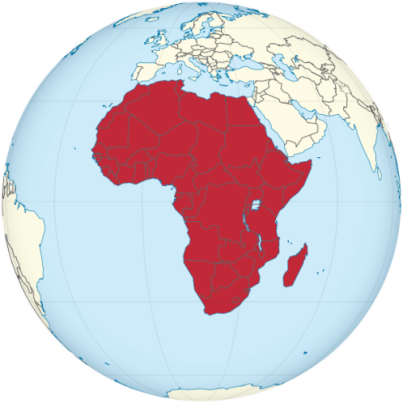
AFRICAN countries are coming together like never before to accelerate South-South co-operation for agrifood systems transformation, according to Fabio Scala, a director at Mozambique’s National Investment and Development Bank.
He said by sharing ideas, resources and solutions, African countries aimed to create resilient, inclusive and sustainable food systems that placed farmers and communities at the centre of change.
“For decades, Africa’s food systems have faced stubborn challenges: Climate shocks, fragile supply chains and rising food insecurity. But South-South co-operation for agrifood systems transformation offers a new path forward. Countries across the continent are exchanging practical knowledge in areas such as climate-smart agriculture, irrigation techniques, post-harvest management and value chain development,” Scala wrote.
Meanwhile, by March 2025, eight million Zimbabweans still required food aid after severe crop failures caused by the El Niño weather phenomenon and a prolonged drought that disrupted food production nationwide during the 2023/24 agricultural season, according to the World Food Programme May 2025 country report.
The report indicated that of the eight million in need of food, 5,9 million live in rural areas, while the remaining 2,1 million are in urban areas.
It further highlighted that regional disparities in food and cereal production require urgent, targeted action.
National food security in sub-Saharan Africa depends on a reliable supply of affordable, nutritious food to support a rapidly growing population.
At the same time, agriculture is a major contributor to balance of payments in many African economies.
- Masvingo turns down fire tender deal
- Byo author eyes SA award
- WhaWha triumphs in the slugfest of wardens
- 2 DJs murdered over woman
Keep Reading
Therefore, agricultural production must increase substantially to meet both domestic and international market demands.
However, land fragmentation caused by population pressure in rural areas, combined with low prices of agricultural produce, means that farms in many parts of sub-Saharan Africa are already too small to ensure food security or a sustainable livelihoods.
As a result, there is a high dependency on off-farm income and little incentive to intensify production.
Consequently, many rural households are “reluctant” farmers, lacking the resources or economic motivation to invest in agriculture.
The central challenge is how to provide affordable, nutritious food for both urban and rural populations while also creating incentives for increased agricultural production.
Addressing this will require major transformation of smallholder farming systems, alongside the creation of alternative employment opportunities.
This is where South-South co-operation comes in.
It’s not just about exchanging ideas — it’s about building networks of trust and solidarity.
When African countries collaborate, they amplify each other’s strengths.
For instance, small-scale farmers in Kenya can learn drought-resilient practices from their peers in Ethiopia — a model that larger, development-oriented countries like China have already adopted.
During a recent visit to China, the Commerce ministry in Changsha hosted visitors from Cambodia, Barbados, Iran, Nigeria, South Africa and Turkey, among others who were learning about high-yield vegetable farming.
These workshops were not only about idea exchange, but also forging partnerships rooted in mutual support.
Successful models of agri-entrepreneurship in West Africa, for example, can inspire youth-led farming ventures in southern Africa.
This is the essence of South-South co-operation for agrifood systems transformation — turning local successes into shared victories.
Collaboration with organisations such as the Food and Agriculture Organisation helps to bridge existing gaps and align efforts with global objectives like the Sustainable Development Goals.
By strengthening policy frameworks and investing in training and technology, African leaders are unlocking the continent’s vast agricultural potential.
Women and young people, who are often marginalised, stand to benefit the most.
With improved access to tools and knowledge, they can take the lead in modernising agriculture and driving the continent’s food security agenda forward.






